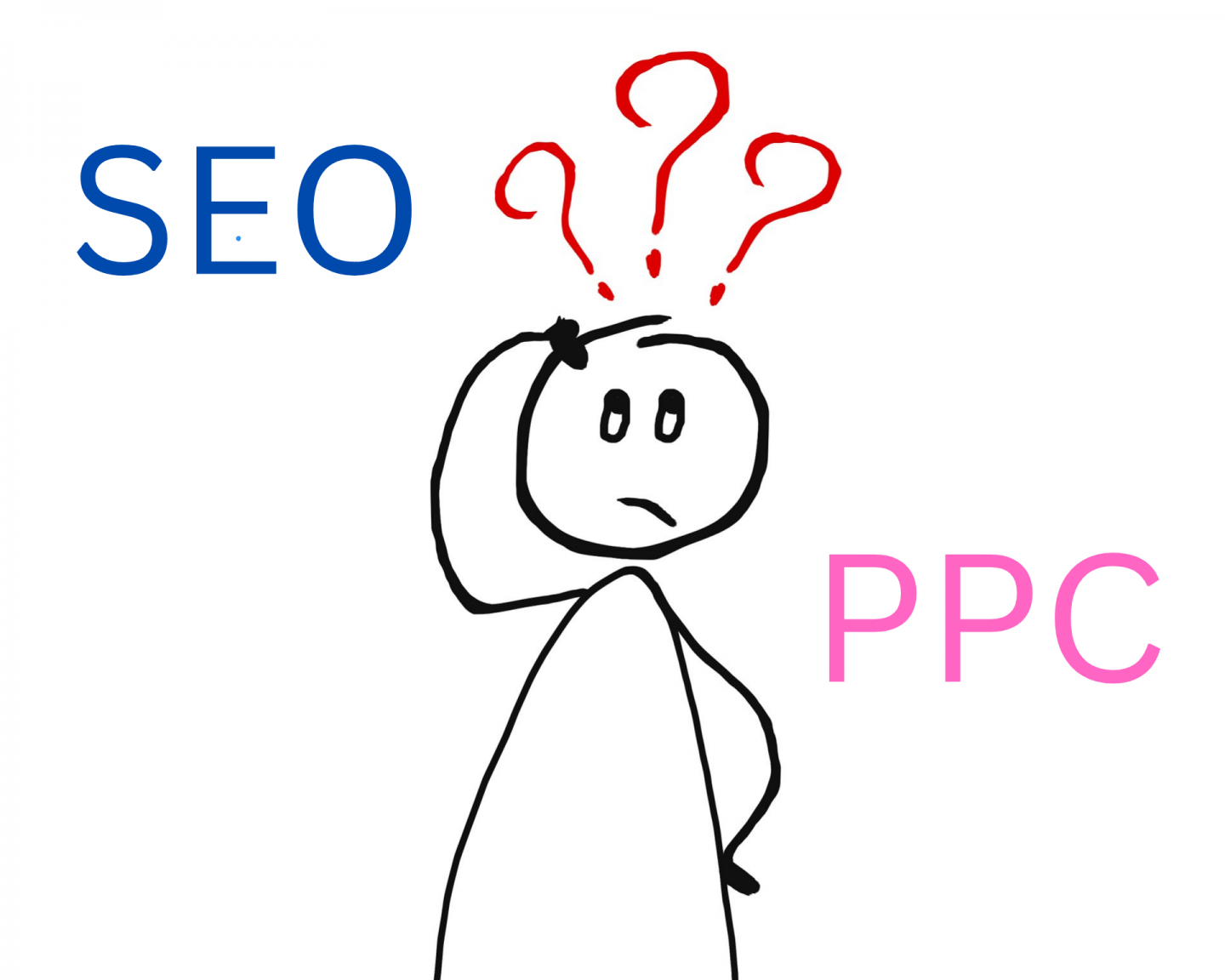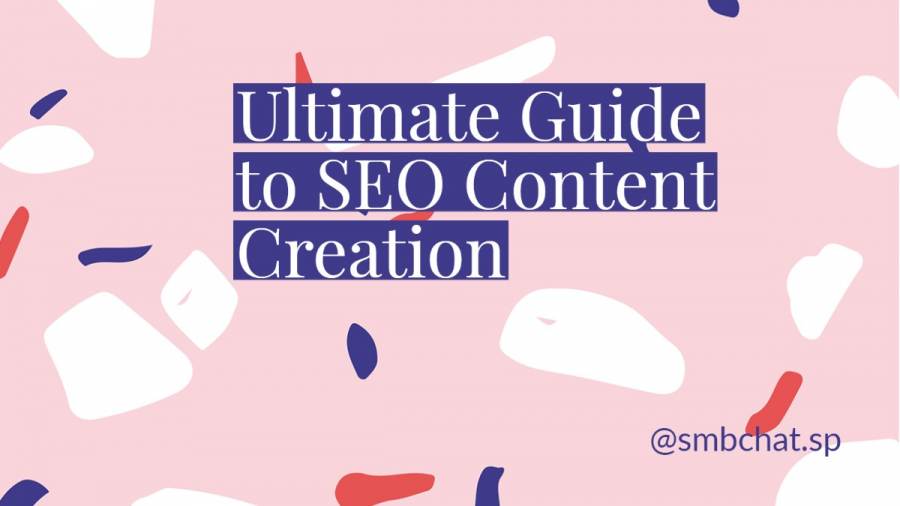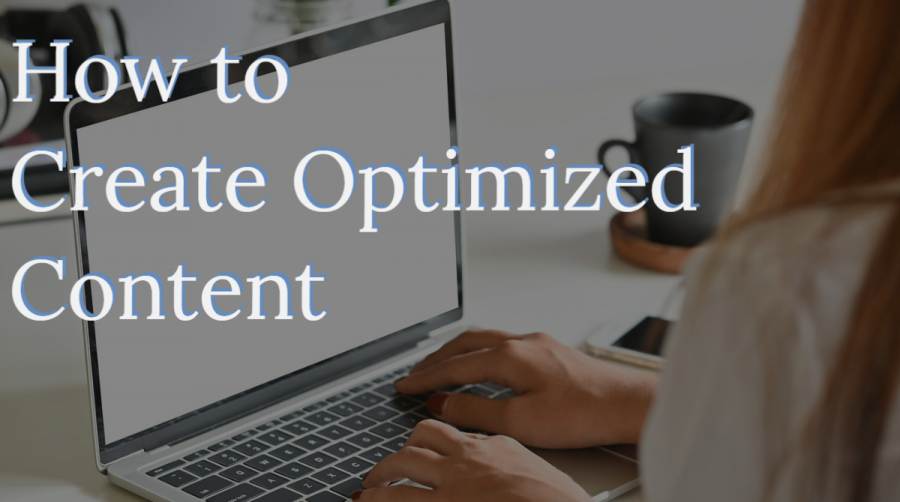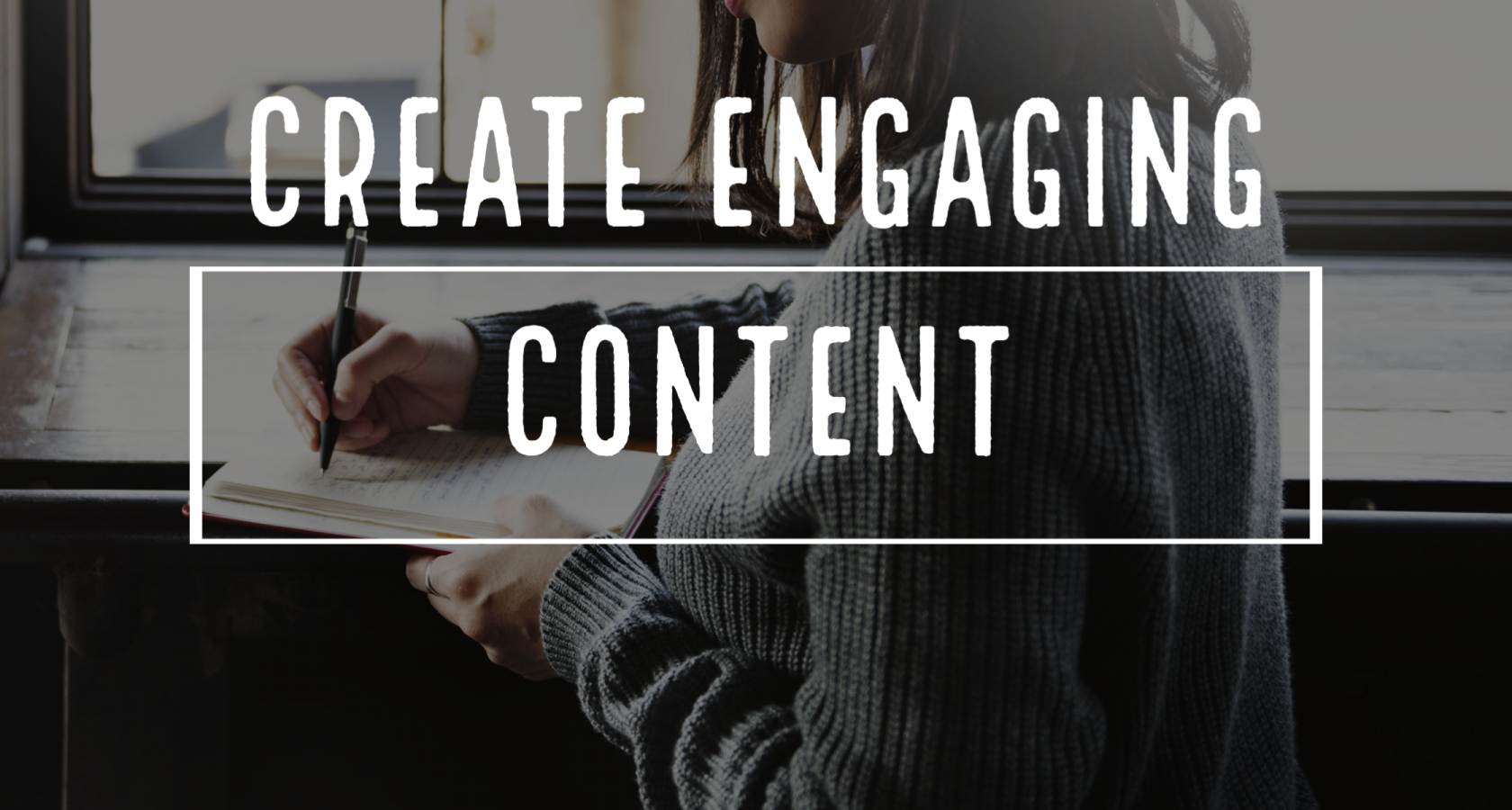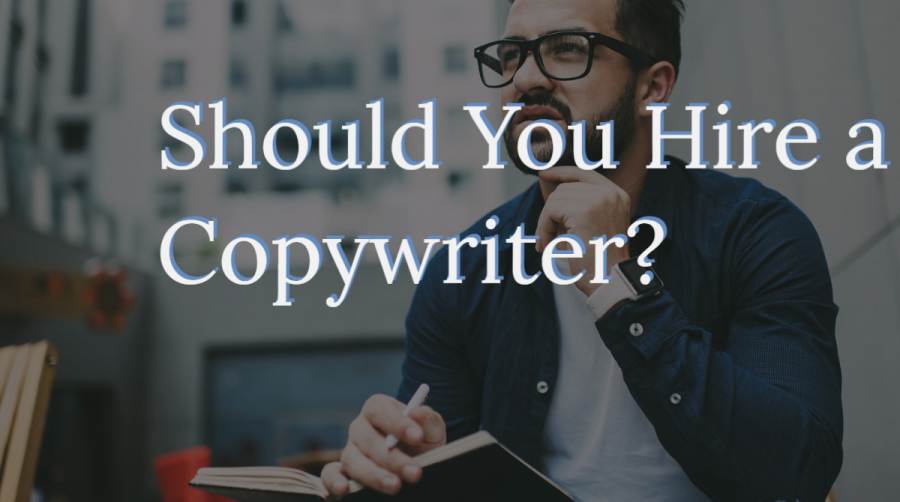PPC vs. SEO in Grant Writing: What Works Best in 2025?
Classic pepperoni vs. gourmet veggie pizza.
An affectionate Labrador Retriever vs. a playful Bengal cat.
A beach vacay in the Maldives vs. an adventure-filled hike in the Swiss Alps.
The list goes on.
Dilemmas have been with us since the days of yore.
As you know by now, grants don’t grow on trees. They can be hard to come by, and relying solely on old-school grant writing doesn’t work as effectively as it used to.
Winning those coveted funds to fuel your organization’s dreams requires an extra oomph.
Enter the age-old grant writer’s and marketer’s dilemma: choosing between PPC vs. SEO.
So, which one of these two digital gladiators will bring home the bacon for your grant writing in 2023?
But, hold the phone,
What Are They?
Before determining which marketing strategies work best for your grant search, it’s best to understand exactly what each is.
Pay Per Click (PPC)
PPC is online paid advertising where you pay search engines and websites to display your ads. When a visitor searches a keyword you’re bidding on, your ad appears at the top of the search results. When someone clicks on your ad, you pay a small predetermined fee.
PPC entails:
- Keyword research
- Creating ads relevant to your keyword and including a call to action
- Bidding – setting a fee you’re willing to pay for each click
- Tracking your keyword’s performance and tweaking accordingly
PPC can be a great marketing tool as it gets your website in front of people actively searching for your keywords, products, and services. The more relevant your keywords are, the more effective and successful your campaigns.
Search Engine Optimization (SEO)
SEO involves improving your website’s ranking in Search Engine Results Pages (SERPs). It’s how websites get found more easily in search engines like Google, Bing, Yahoo, and others.
When you search for something like "education grants," Google shows you the most relevant websites first.
Optimizing a website for keywords and searches is no walk in the park. It can involve:
- Adding keywords related to your website throughout the text and titles
- Making the site easy for search engines to scan and understand
- Getting other sites to link back to your website
- Creating content like grant proposal writing guides, case studies, user-generated content, and resource libraries
- Enhancing your website’s loading speed on phones and computers
- Using tags, headings, and lists to organize information
The better optimized the website is for search, the higher it will appear in Google!
So SEO helps people find and visit your site more easily.
SEO vs. PPC in Grant Writing: Facts and Figures
Let’s explore what facts and figures say about SEO and PPC. After all, as a grant marketer, you must stay current with industry trends to help you make data-driven informed decisions.
SEO
BrightEdge reports that almost 70% of online experiences begin with a search engine. It’s no wonder organic search contributes to 53.3% of all website traffic.
Visitors trust the results for queries and keywords that they search for. They perceive these results to be relevant to what they’re looking for.
SEO analytics can also help you decipher the minds of your potential funders, supporters, or volunteers. You’ll know their search patterns, mediums, preferences, and locations.
These insights will guide you into tailoring content that resonates with the audience, leveraging SEO's 14.6% conversion rate.
PPC
Here’s a mind-blowing fact: the top result on Google search has a 27.6% conversion rate!
PPC can make that happen for your ads by targeting a particular audience!
According to Mayple, the average conversion rate for PPC is 2.35%. However, different platforms have different averages.
For instance, Google Ads – 3.75%, Facebook Ads – 9-10%, LinkedIn Ads – 5-15%, and Amazon Ads – 9.89%.
PPC contributes to 15% of your website’s traffic. However, it makes it easier for 75% of people to find the information they want.
Not to mention, for every $1 you invest in your SEO campaigns, you can get a $2 return on investment!
Weighing the Goodies and the Baddies
Let’s put these two gladiators into better perspective. To help you understand what your grant writing campaigns are riding on, let’s break down the pros and cons of each marketing strategy.
SEO
Pros
- Generally targets a wider audience.
- Ideal for improving your site’s visibility and brand awareness.
- A higher conversion rate means a higher likelihood of more revenue.
- Requires less investment than PPC.
- Ideal for long-term organic traffic growth.
- More effective in less competitive industries.
Cons
- Results are the mercy of search engines and their ever-changing algorithms and updates.
- It’s more complex than PPC and cannot be managed by a non-technical team.
- You must invest in long-term strategies and continuous site optimization for sustainable results.
- You must be consistent and extremely patient as results take time to manifest.
PPC
Pros
- Ideal for hyper-targeting a specific audience
- Can see results more quickly
- More effective in competitive industries and keywords
- It’s not as technical as SEO and can be managed by non-technical people
- You can track the performance of your PPC campaigns to see how much traffic they’re generating and how many grants you are winning
- Bidding on relevant keywords and placing your ads on top of SERPs can bring traffic to your website faster
Cons
- It can be more expensive than SEO.
- Requires continuous optimization and maintenance.
- Increased use of paid ad blockers and savviness among visitors can increase bounce rates and reduce conversion rates.
Picking the Perfect Trail
Choosing between the two can be as challenging as choosing between the savory delight of eggs benedict or the sweetness of fluffy pancakes with maple syrup for breakfast.
Here are some factors to help you decide:
- Your budget – how much moolah are you planning on splashing on your campaign?
While PPC is ideal for immediate traffic to your site, it can be costly, especially if you’re bidding for highly competitive keywords. SEO requires a heavy initial investment in link building and content creation, but it is long-term affordable.
- Goals and objectives – every grant marketing campaign has goals to guide them.
PPC is your ally if you’re looking for immediate funds or support. SEO is great for boosting brand awareness and site visibility.
- Your technical expertise – while both strategies aren’t rocket science, they require some technical expertise.
SEO – technical, on-page, and off-page – can be more complex than PPC, requiring specialized skills.
- Your target audience – whose attention are you trying to grab? Do you plan to capture organic traffic or a specific audience, say potential donors, supporters, or volunteers?
SEO is great for organic traffic, while PPC works wonders for hyperfocusing on a specific audience.
- Keyword competition – keywords come in varying competition levels. PPC can help you handle high-level competition keywords as you can outbid for ad placement.
Unfortunately, SEO is better for low-competition keywords, as high-competition KWs can make ranking a headache.
- Timeframe – how patient are you for the campaign’s results? If you’re looking for a long-term strategy that can take a few months to show results, go with SEO.
While PPC can return immediate results, they might be unsustainable in the long term.
- Ad content control – PPC gives you Jedi-level control over your ads, keyword triggers, and ad content and visual elements.
You’re less powerful with SEO, as most of the power belongs to the search engine to decide how to rank your site in search results.
PPC and SEO: A Team of Rock ‘N’ Roll?
Rather than looking at PPC and SEO as one choice over the other, it’s time to consider them complementary to your grant writing.
Consider them a dynamic duo, like Batman and Robin, each bringing unique superpowers to save the day and secure those grants!
While SEO organically attracts engaged donors through relevant content optimization, PPC surgically targets key decision-makers through paid ads. Together, they expand your brand’s visibility and connections to prospective funding partners from all angles.
Think of SEO as Boy Wonder delivering long-term results through building authority and relationships over time. Conversely, PPC is Batman swiftly driving qualified traffic and conversions from your carefully defined audience.
By the end of the day, combining these digital marketing strategies pulls more traffic to your website. This gives your brand an unstoppable competitive edge when grant-seeking today.
With SEO and PPC on your team, you'll have all the tools to build ongoing awareness and achieve fundraising success.
SEO vs. PPC: Final Verdict
So, between SEO and PPC, which one is best for your grant writing in 2023 and beyond?
Simply put, there’s no definite answer to this age-old question – the battle continues!
Each strategy has strengths and weaknesses; combining them can give you mind-blowing results and win potential donors' hearts and minds.
That doesn’t mean you can’t choose one over the other.
When to use SEO:
- If you have a limited marketing budget and marketing resources.
- When establishing your brand.
- For highly competitive/expensive keywords.
- For sustainable, long-term growth.
- To reduce reliance on paid ads.
- If you want to rank #1 for your niche's keywords.
- To build loyal fans/followers.
When to use PPC:
If you need traffic quickly.
- For limited-time offers or events.
- To hit short-term revenue targets.
- For highly competitive or commercial intent keywords.
- If you have the budget to outbid competitors.
- When your website infrastructure limits SEO.
- To engage existing customers.
- For accurate ROI tracking.
Zoey Grant Writers: Bringing in the Dough
Passion and purpose are no longer enough to win grants. You must evolve and become equally, if not more fierce, as grant marketing has become.
Winning grants calls for a combined marketing strategy on steroids: SEO to lay the foundation and PPC to deliver the results when it counts.
Talk about results; Zoey Writers can help you impress and grab the attention of potential donors, supporters, and volunteers.
Whether creating clear and concise grant proposals or injecting relevant emotions, our experts can help reach the chequebooks of lucrative donors.
Contact us today, and let’s make your grant funding strategies work in 2023.
Need to learn more about how to win grants? Check out these Persuasive Tricks That Get You The Funds
More Tips to Get You Grant Funds







